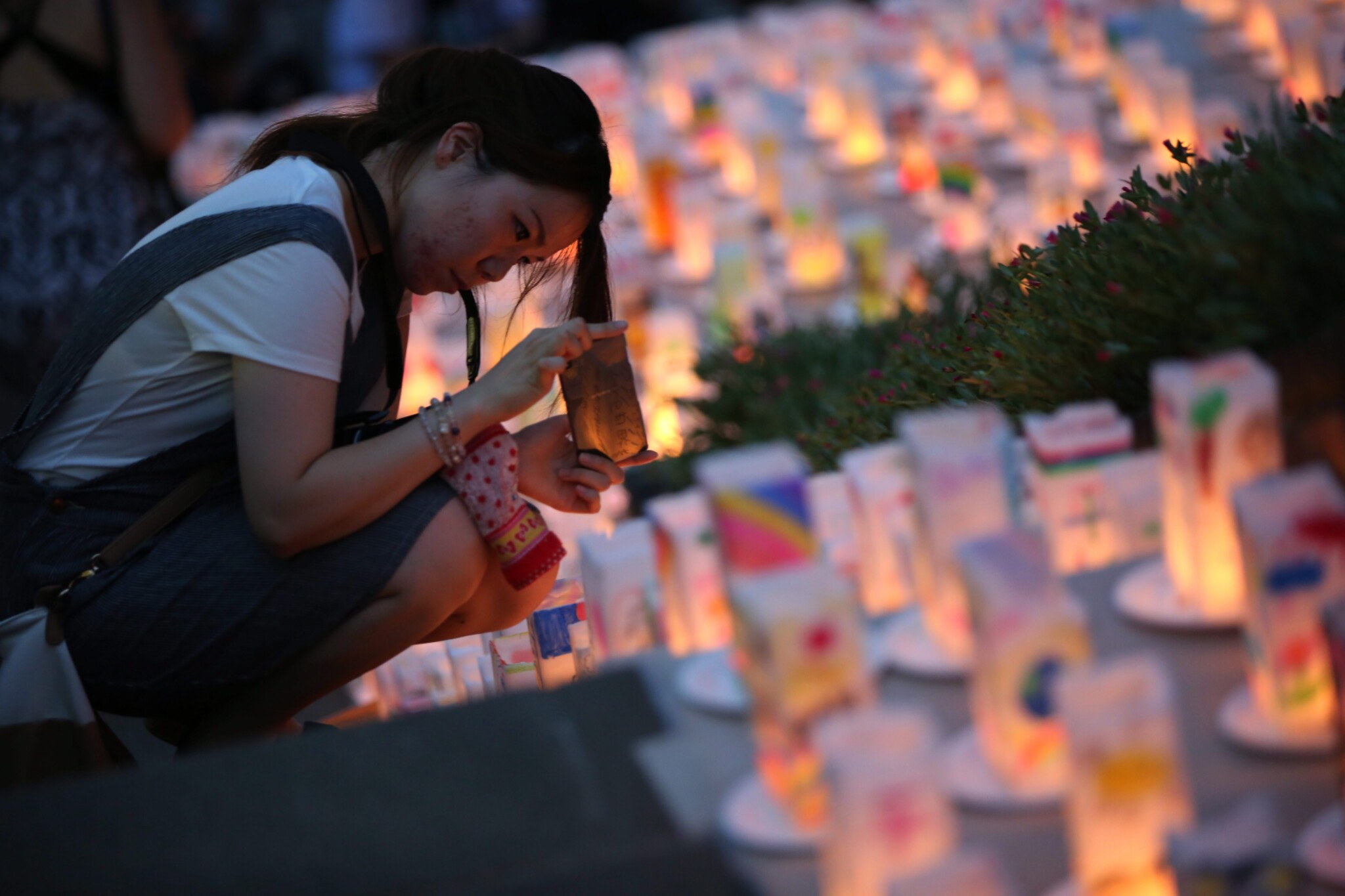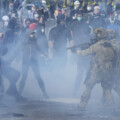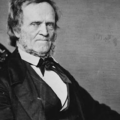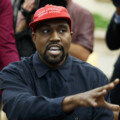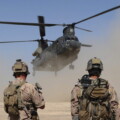The following essay is a two-part Sunday special commissioned by The Hub to mark the 80th anniversary of the atomic bombings of Hiroshima and Nagasaki on August 6 and 9, 1945. The opposing essay defending the use of the bombs can be found here.
Professional historians debate many controversial topics in nuclear history that are usually avoided in public discourse by those in politics and the media. Although many historians may not have the courage to challenge the dominant narrative of the bombings of Hiroshima and Nagasaki, there is still a rigorous debate within academic circles around whether or not it was necessary and justified for America to use nuclear weapons to end the Second World War.
Did the 1945 atomic bombings constitute military crimes? Historians such as Barton Bernstein explained long ago that towards the end of the Second World War, the deliberate killings of civilians on a genocidal scale had become a regular practice, not only on the Nazi side, but also by the so-called “strategic bombing” of German and Japanese cities by British and American air forces once the Allies achieved air superiority. Even before the introduction of nuclear weapons, conventional bombers’ raids could destroy a megapolis in one night, causing tens of thousands of civilian casualties. British wartime experts who opposed this murderous strategy were eventually proven right when they predicted that mass killings of non-combatants would not break the fighting resolve of the German Reich’s military machine.
Atomic bombs of the type used in 1945 had the logistical advantage that only one such bomb was needed in place of tens of thousands of ordinary ones. But in terms of damage and casualties inflicted on the ground, their effects were approximately at a scale already achieved by conventional military crimes of the time. Military experts had seen similar levels of destruction in many European cities during the war, and in the early postwar years. They knew that, aside from the immediate psychological effect, a few atomic bombs could not win a major war.
We now tend to perceive nuclear weapons quite differently because by the late 1950s, nuclear arsenals grew qualitatively and quantitatively to a much more dangerous level capable of destroying not just a city, but the entire human civilization, leaving no winners behind. Crucial for this changed understanding was the cathartic 1962 Cuban crisis documentary investigated by historians Aleksandr Fursenko and Timothy Naftali.
Now, could Japan have surrendered without the atomic bombings? Later historians who had access to Japanese internal documents established that after the defeat of Nazi Germany, which left Japan alone with no allies, its leaders knew that their war situation was hopeless and were looking for an exit. Their main stumbling block was the Allies’ insistence on the formula of “unconditional surrender,” which had already been applied in Europe. Unconditional surrender denied the Japanese a path to give in to defeat because of their diehard commitment to protect the emperor at all costs. In the end, the “unconditional” declaration was not fully executed, even after the bombings of Hiroshima and Nagasaki. After capitulation, Japan was de facto allowed to keep its emperor and shield him from prosecution. Had there been a possibility to agree on such a concession through negotiations, the war could have ended months earlier, saving substantial lives and without the need for atomic bombing.
Did the bombings 80 years ago actually cause the emperor’s decision to support those of his ministers who argued it was necessary to offer immediate surrender? The American official position always insisted on this version, but some historians who studied the records of the Japanese cabinet argued that another cause played a more important role: the official declaration of war by the Soviet Union on August 8 and its attack destroying Japanese ground forces on the Asian mainland.
In my view, it is not necessary to insist that the decision had one single “main” cause, since America’s shocking introduction to the world of powerful atomic weapons and the Soviet entry into the war, which happened in short succession, had a combined effect on Japanese deliberations. The Nagasaki bombing, at the very least, as Bernstein previously analyzed, was superfluous.
What were the motivations behind the decision to use the atomic bomb? As early as 1946, Patrick Blackett argued that it should be seen “not so much as the last military act of the Second World War, as the first act of the cold diplomatic war with Russia.” Later historians who studied government documents, in particular Martin Sherwin, analysed various motivations of different actors who were involved, one way or another, in the process of decision making. Churchill and Truman believed that a monopoly on atomic weapons would strengthen their position vis-à-vis the USSR and allow them to dictate their conditions for postwar order. During the Potsdam meeting, they observed how Stalin reacted to the cryptic information about the bomb. The use of atomic weapons in Japan, for the U.S. president, certainly included anticipations that it would have a chilling effect on the Soviets. Here, too, we don’t have to choose “either-or” in pursuit of a monocausal explanation. Both motivations: prosecution of war against Japan by all available means and increased diplomatic pressure on the Soviet Union worked in tandem.
What were the effects of the atomic bombings on the USSR? Although the Soviet atomic project restarted in 1943, for the duration of the war, it remained limited to a very small scale. Two weeks after Hiroshima, it went through an enormous expansion, was assigned top state priority, and started receiving material and human resources at a level comparable to the Manhattan Project. Historian David Holloway showed that for a few years immediately after 1945, Stalin’s main concern was indeed about the diplomatic advantage that atomic weapons could provide for the American side during difficult negotiations about postwar settlements. But contrary to Truman’s expectations, Soviet diplomatic posture only became more stubborn and defensive, allowing no concessions to perceived atomic blackmail.
In the end, a confluence of motivations led to the decisions to bomb both Hiroshima and Nagasaki. From a desire to take advantage of a new weapons technology, to mass killings of civilians already being the norm for much of the Second World War, to obstinately demanding unconditional surrender, to wanting to intimidate the USSR in anticipation of the Cold War, American leadership made that choice. Yet, looking back, there were viable alternatives to end the war without more mass casualties. It’s a lesson today’s world leaders should keep in mind as our world is in another period of precarious geopolitical tumult.
